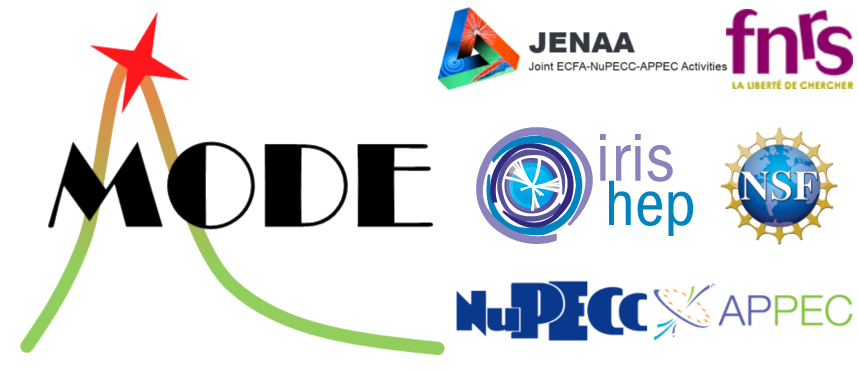Speaker
Description
CERN maintains a dense and diverse physics programme with numerous experiments requiring a broad spectrum of beam types to be produced and provided by the accelerator chain. This combined with the requests for higher beam intensities and smaller emittances at an overall better beam quality makes accelerator operation more and more challenging. The way forward is to exploit automation techniques and improved modelling to boost machine flexibility, availability, and beam reproducibility.
Ideally, one would realise optimisation based on closed-form physics models. However, these are not always available or exploitable. One possible workaround is to rely instead on sample-efficient optimisation algorithms. Sample efficiency is key here given the cost of beam time and the impact on the physics experiments during machine setting up.
This contribution introduces various sample-efficient optimisation algorithms and demonstrates their application to accelerator operation at CERN. Among others, numerical optimisation and diverse reinforcement learning algorithms, including model-free and model-based variants as well as energy-based models employing quantum annealing, are discussed together with their application to beam steering tasks, beam optics matching, noise cancellation, or radio-frequency parameter tuning for CERN's accelerator complex.
Another stream of research is modelling hysteresis, eddy currents, complicated magnetic structures, such as the pole-face windings in the CERN Proton Synchrotron and many more with their impact on beam using machine learning techniques, and to build inverse models in a second step to control the accelerators. The first results of this endeavour will also be presented.
